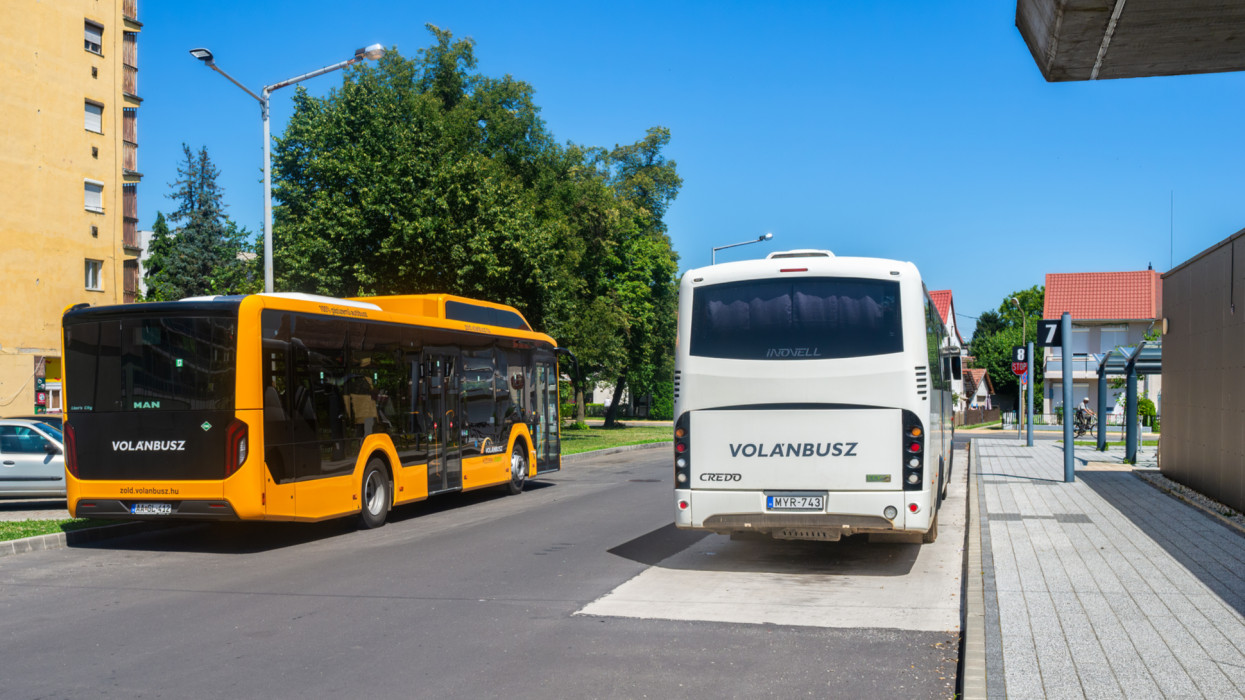Four groups of young farmers, two drawn from the EU and two from China, had the chance to travel to each other's countries. During their visit, the European group was introduced to the innovative work being carried out by the Zhuang City Centre for Agricultural Sciences, which has been developing new and futuristic soilless farming techniques. Monika Linkowska, a participant from Poland said, “I was impressed by the state-of-the art demonstration and research centres, dairy and pig farms, tea, mango and dragon fruit plantations and food processing companies we visited.”
The young farmers also explored different techniques for reducing pesticide and fertiliser use, including the use of organic farming methods.
However, the challenges for European and Chinese farmers are not just environmental; providing a good standard of living for farmers is also a key challenge. Consequently, the programme also looked at how new solutions to market problems could improve agricultural livelihoods and make farming a more attractive profession to young people.
Market issues, which affect both Chinese and European young farmers, include the difficulty of accessing credit or land, or obtaining a fair price for their products. Young farmers in both countries are often members of cooperatives that can help mitigate these issues and all the groups were keen to discover the differences between producer organisations in Europe and cooperatives in China.
In Belgium, the Chinese delegation visited the Belorta cooperative and its auction centre, which showed how cooperatives could use advanced technology to reduce costs and increase the potential selling price of their products. Cheng Ziang from Shanxi province was impressed with what he saw, “In the future development of our new cooperative, we will carry out the adaptation and integration of some of EU's ideas and practices”.
With the programme drawing to a close, both sets of young farmers made a number of policy suggestions. These ideas, which drew from their experience during the study tour, will help both the EU and China to attract young farmers and improve living standards for existing workers in the agricultural sector. Both groups expressed a wish to continue working together and to pass their findings on to their colleagues back home.







